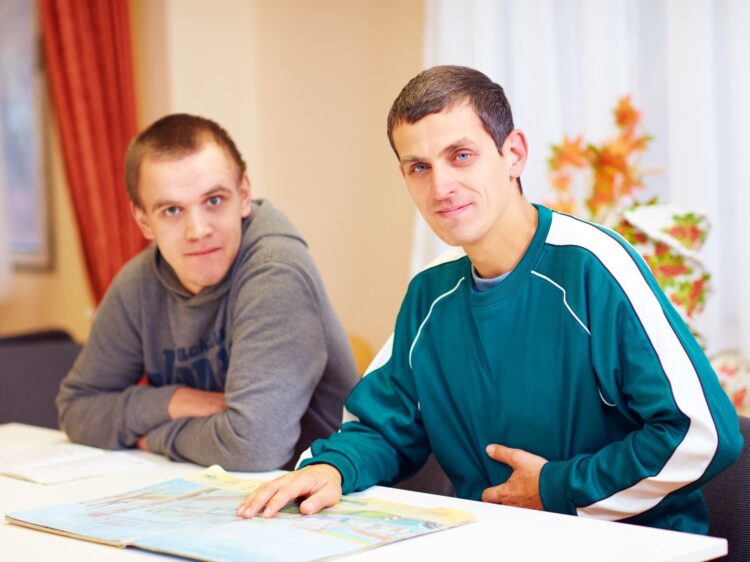By Gavin Mackintosh-
A new study led by researchers from the University Of London(UCL) highlights the significant disparities in access to appropriate mental health care for autistic adults, despite their increased likelihood of experiencing anxiety or depression compared to the general population.
The study, published in Lancet Psychiatry sheds light on the challenges faced by autistic individuals in obtaining suitable treatments recommended by the National Institute for Health and Care Excellence (NICE).
According to estimates, up to 27% of autistic people experience anxiety, while 23% develop depression, in contrast to 5.9% and 3.3% in the wider population.
The study focused on the outcomes of 8,761 autistic adults attending NHS Talking Therapies for Anxiety and Depression services between 2012 and 2019.
Although the research revealed that on average, autistic adults experienced a decrease in anxiety and depression symptoms following therapy, a comparative analysis with nearly two million individuals without an autism diagnosis showed poorer outcomes for the autistic cohort.
Autistic people generally have distinct biological issues that can affect their life, but many researchers say they are usually ultra intelligent in ways not always perceived or appreciated.
As such, they can be a very misunderstood and complex group .
The study revealed that, on average, autistic adults experienced a decrease in anxiety and depression symptoms following therapy. However, outcomes were poorer for autistic individuals compared to those without an autism diagnosis.
Autistic people were 25% less likely to see improvement in their symptoms, and 34% were more likely to experience deterioration compared to the comparison group.
Lead author Celine El Baou emphasized the need for accessible mental health care services for autistic individuals.
She highlighted that the under-representation of autistic people in services and the poorer outcomes post-therapy suggest specific barriers to access, and the lack of appropriate adaptations for neurodiversity.
El Baou called for adequate adjustments to therapies provided in primary care, considering the unique needs of autistic individuals, including differences in thinking style, sensory sensitivities, and the need for predictability.
Autism, characterized by specific experiences in social communication and interaction, alongside specialized interests and sensory sensitivities, affects between 1%-3% of the UK population.
Recent UCL research suggests this figure may be twice as high as previously thought.
Anoushka Pattenden from the National Autistic Society welcomed the study’s insights and called for action to ensure health services are just as effective for autistic people.
She stressed the importance of mental health professionals receiving training in identifying and understanding autism and being flexible in their approach to meet the unique needs of autistic individuals.
The study revealed that on average autistic adults experienced a decrease in anxiety and depression symptoms following therapy. However, outcomes were poorer for autistic individuals compared to those without an autism diagnosis.
The study further suggests that barriers such as difficulties in adapting therapy for neurodiversity, including differences in thinking style, sensory sensitivities, or the need for predictability, may make it challenging for autistic individuals to access appropriate care.
Experts believe tbe findings emphasize the critical need for tailored mental health care for the autistic community to achieve fair and equal health outcomes.
Despite the strengths of the research, there was no concluding evidence pinpointing the exact reasons for these disparities.
The authors suspect it may be due to barriers faced by autistic individuals in accessing therapy, and the lack of appropriate adaptations for neurodiversity.

